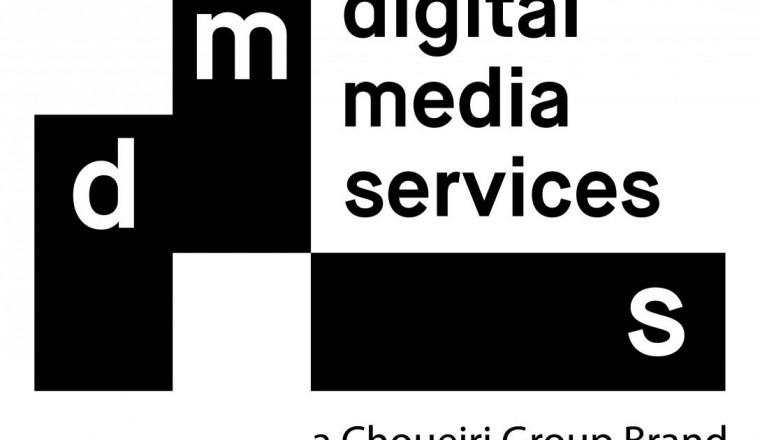Indispensable ad tech gives advertisers the peace of mind of investing in authentic digital advertising inventory
United Arab Emirates, 22 April 2018, (AETOSWire) : Transparency has been a growing concern in digital advertising, with industry research revealing that ad fraud costs the global digital ecosystem about $6 billion per year. For many years, companies have looked at a range of possible solutions to combat this issue, but as they say, sometimes the simplest ideas are the best ones.
In June 2017, The IAB Technology Laboratory - An independent, international, research and development consortium charged with producing and helping companies implement global industry technical standards and reducing friction associated with the digital advertising and marketing supply chain - announced a new means to eliminate the black market for digital advertising inventory. This tool would prevent the sale of counterfeit and unauthorized impressions in programmatic transactions.
ads.txt (Authorized Digital Sellers) was developed by The IAB Technology Laboratory to increase transparency in the programmatic advertising ecosystem. It is a simple, flexible and secure method that publishers and distributors can use to publicly declare the companies they authorize to sell their digital inventory. As publishers adopt ads.txt, buyers will be able to more easily identify the Authorized Digital Sellers for a participating publisher, allowing brands to have confidence they are buying authentic publisher inventory.
As regional leaders in digital, DMS have taken the lead in terms of introducing this safeguard into the region and have swiftly achieved 100% adoption across their entire portfolio of premium publishers (which they exclusively represent).
Elaborating on this development, - Imad Sarrouf, DMS’ Commercial and Technology Director stated, “While ads.txt will not solve all of AdTech’s fraud woes, we believe it will bring an end to one area and get media agencies and advertisers used to an online advertising ecosystem that promotes transparency and proactively combats ad fraud and other shady practices. Moving forward, we hope to see more advertisers placing a mandate on their media agency to validate publisher’s inventory when buying media programmatically”.
If widely adopted by publishers, ads.txt could dramatically limit domain spoofing, a type of ad fraud in which scammers misrepresent legitimate publisher domains, as well as the issue of arbitrage – A process in which impressions are bought and then repackaged and resold at a higher price by a third party.



